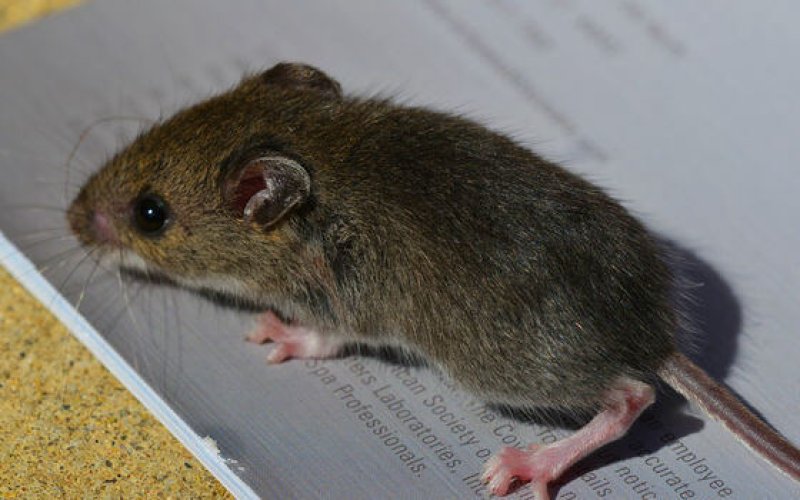Researchers at the RIKEN Center for Brain Science in Japan have discovered a mutation that can protect against Alzheimer’s disease in mice. They published their findings in Nature Communications.
One of the hallmarks of Alzheimer’s disease is the accumulation of plaques between neurons. These plaques are made from amyloid-beta, which is produced from a protein known as amyloid precursor protein (APP).
In the present study, a research group led by Dr. Takaomi Saido created mice with a mutated APP gene and studied its effect on the formation of amyloid-beta plaques. Previous research had led the team to believe that an APP gene containing a specific deletion might reduce amyloid-beta build up. Hence, they used CRISPR technology to replace the normal gene with the mutated version, and indeed observed less amyloid-beta accumulation in the mouse model of the disease.
…
This process of using CRISPR to identify beneficial mutations is powerful, the researchers said. This is because the random screening of human populations is not feasible, especially if the frequency of the mutation is low. Moreover, only naturally-occurring mutations will be picked up by random screening of human populations, which limits the range of potentially addressable targets for developing therapeutics for Alzheimer’s disease.
Read full, original post: Mutations That Protect Against Alzheimer’s Disease































